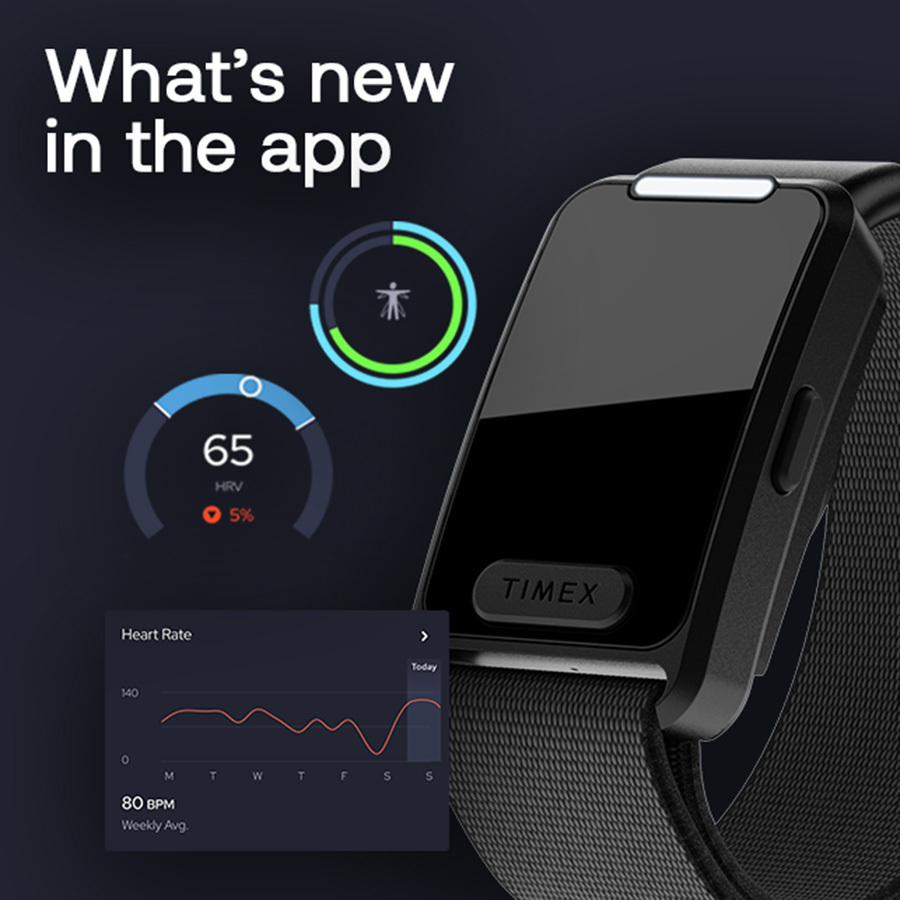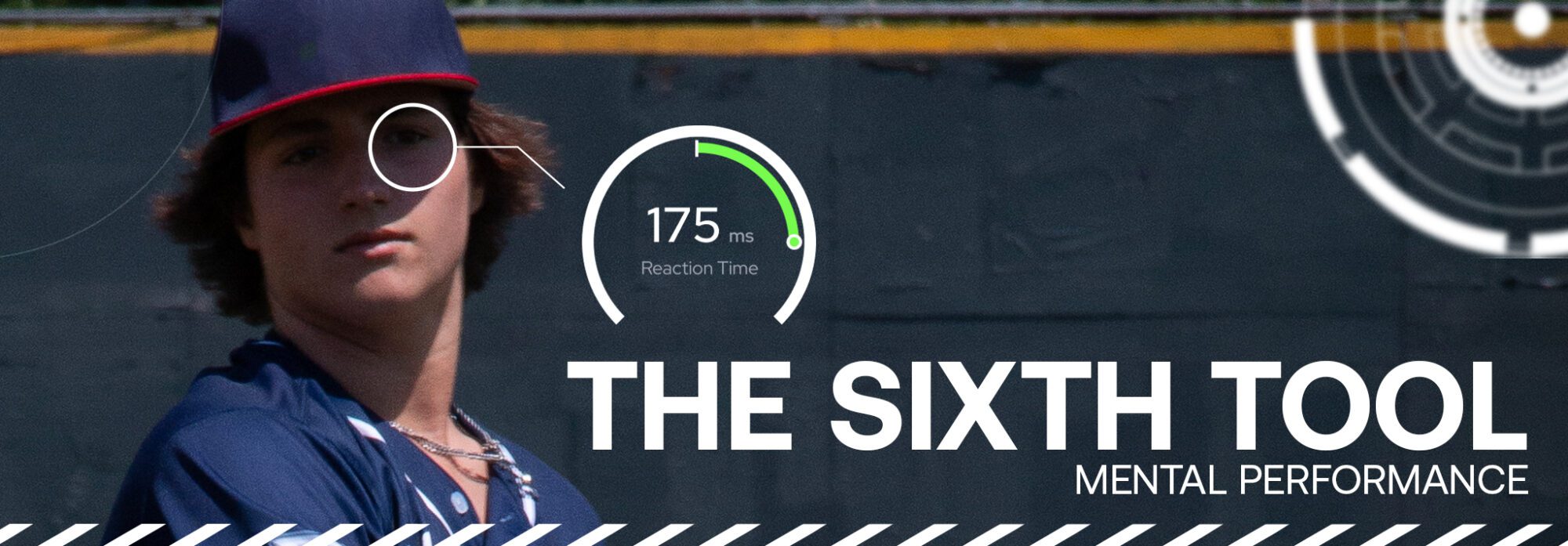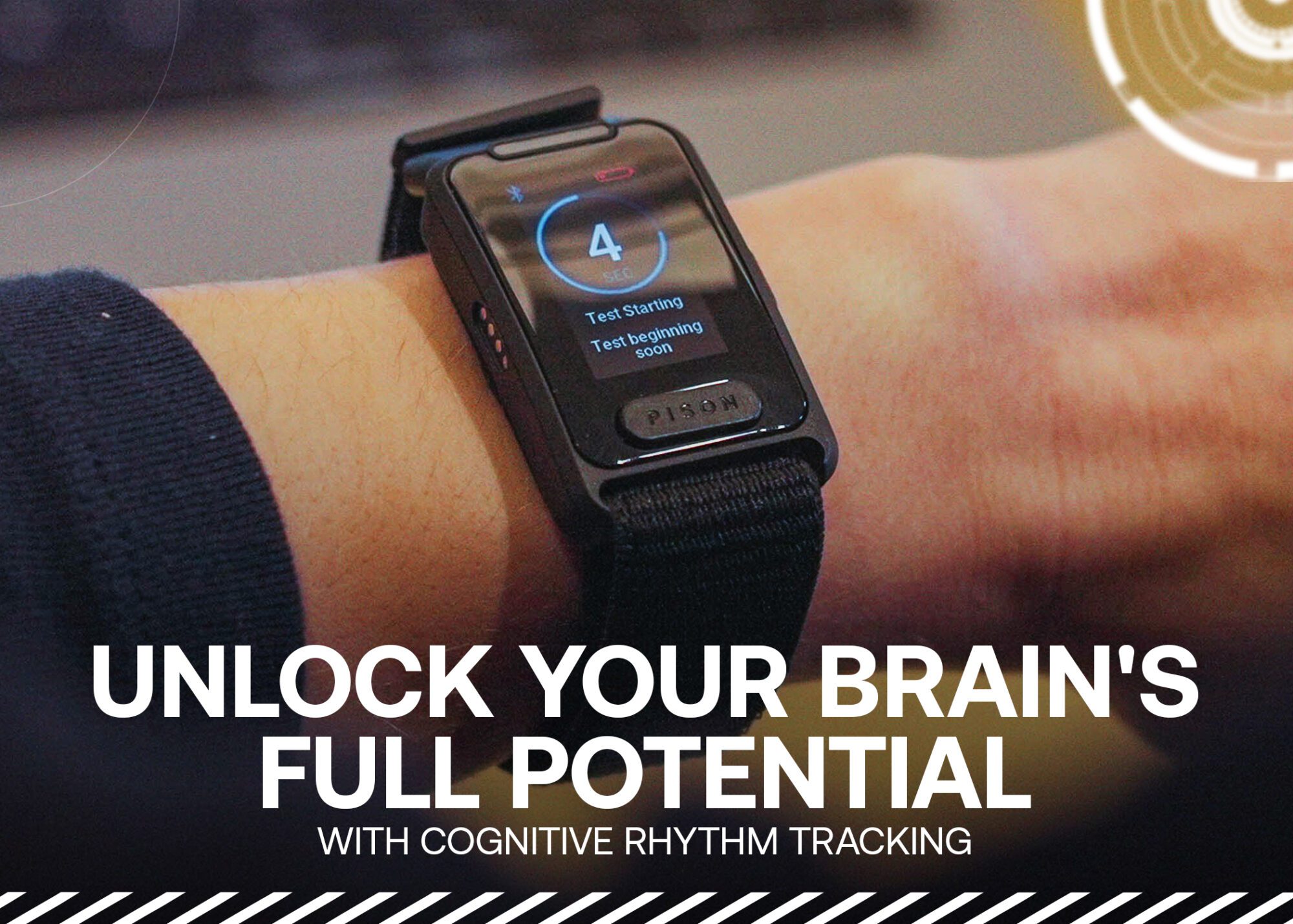
Temple University Research Study Shows Pison Distinguishes ALS Patients from Healthy Population
Pison is working with clinical researchers in several specialty areas to demonstrate that Pison’s sensing and AI technology are a biomarker of neurological disease. One such study was recently completed that showed that Pison’s technology is able to distinguish between people who are healthy and people who have amyotrophic lateral sclerosis (ALS). Pison was proud to attend the annual meeting of the Northeast Amyotrophic Lateral Sclerosis (NEALS) Consortium to present the findings. NEALS has over 140 members, or “sites,” which are medical institutions equipped to perform clinical trials in ALS and motor neuron diseases.
The clinical trial was conducted by a research team led by Dr. Terry Heiman-Patterson, MD at the Lewis Katz School of Medicine at Temple University’s MDA/ALS Center of Hope. The trials concluded that Pison’s Neural Biosensor hardware and electroneurography (ENG) technology was able to distinguish patients with ALS from a healthy population and detect changes in surface electromyography (sEMG) in ALS patients which reflects motor neuron changes and is correlated with functional changes. These results demonstrate that Pison’s technology has the potential to become a digital biomarker to detect neurological diseases, monitor progression, and inform treatment.
For more details, please see the press release.



